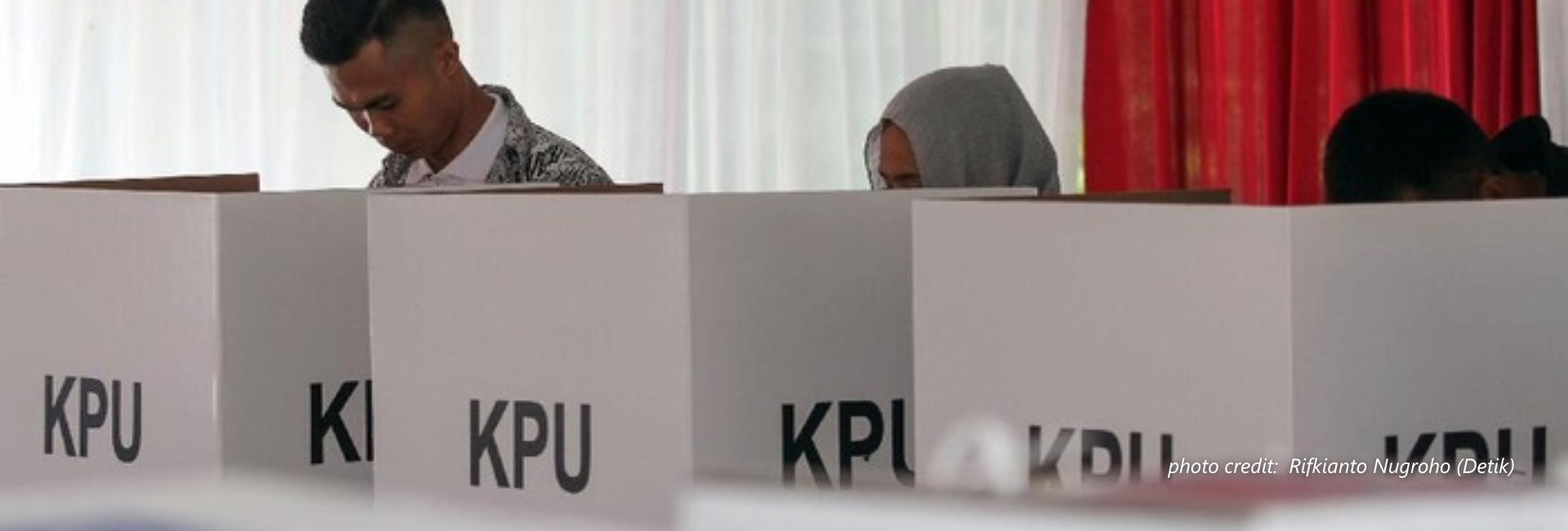People's trust in state and political institutions is a key foundation of a well-functioning economy. The question of whether direct elections affect trust remains open, especially in developing countries, due to a scarcity of studies with robust identification strategies. We estimate the impact of direct elections on people's trust in state and political institutions, using a major political reform in Indonesia as the source of exogenous variation. Pre-2005, regents, mayors, and governors were elected by the local legislative assembly. Starting in 2005, they must compete in an open election where voters directly choose their preferred leader. The historically and institutionally driven staggered implementation of these local direct elections enables us to identify the causal impact of the reform. We find that direct elections increase trust in all state and political institutions, except for the police and political parties. We find that trust only increased in districts where the elections were held with no or low hostility, implying that trust is strongly influenced by political situations during direct elections. We find that elections did not really improve well-being or satisfaction, implying that the absence of election hostility is a stronger explanation for the higher trust.



